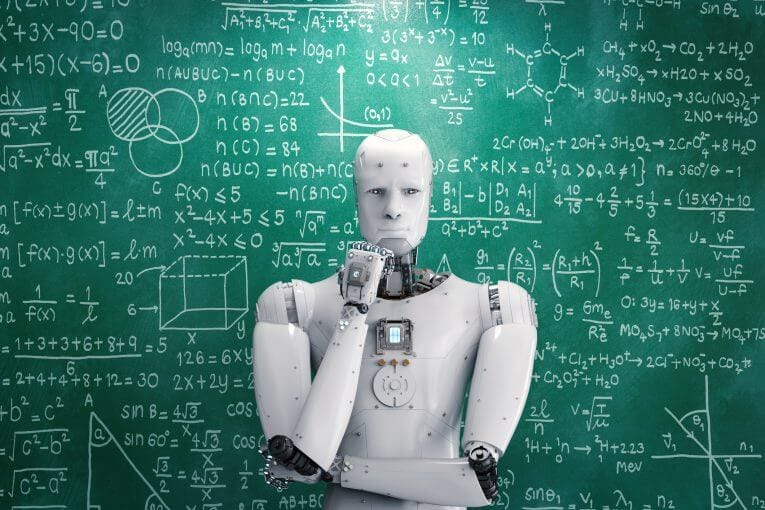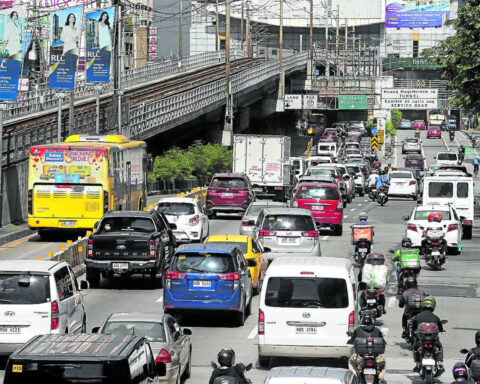Initially feared for its potential to induce widespread cheating, ChatGPT, an AI writing tool, did not lead to the anticipated surge in academic dishonesty. Some schools, instead of banning the tool, embraced it, recognizing the necessity of preparing students for a future influenced by AI. Year 11 and 12 student perspectives on generative AI tools offer valuable insights into the evolving landscape of education.
The Challenge of AI Cheating Detection
Despite the concerns surrounding AI cheating, surveys indicate that the rate of academic AI cheating might be lower than initially expected. However, experts caution that as students become more accustomed to AI tools, the risk of increased cheating remains significant. Efforts to ban AI tools in schools have proven ineffective, with students finding ways to bypass restrictions, raising questions about the accuracy of AI detection methods.
The Path Forward – Improving Detection or Rethinking Assessment?
The effectiveness of AI detection tools in preventing cheating is under scrutiny, with skepticism from both students and educators. OpenAI, the creator of ChatGPT, has highlighted the lack of reliable methods for educators to determine if students are using AI tools, leading some universities in the US to disable AI detection software due to concerns about accuracy and potential false accusations.
Amid disagreements, some educators believe improving detection methods is the solution, while others advocate for a fundamental shift in the assessment paradigm. Proposals for “programmatic” assessment, such as interviews and practical exams, aim to reduce reliance on traditional assessments and provide more reliable evaluations. However, implementing these changes poses a significant challenge and requires a departure from the current educational system.
AI in Australian Education: A Controversial Year of Changes
In 2023, Australian schools initially banned student use of AI, including tools like ChatGPT, but later lifted the ban in response to the tool’s widespread popularity. The integration of AI into education raises questions about its potential to replace traditional classroom instruction and concerns about its impact on student learning and qualifications. While the future role of AI in education remains uncertain, it is evident that it will play an increasingly significant role in shaping the teaching and learning landscape.
Exploring the Future of AI in Philippine Education
As the global discourse on AI in education unfolds, the implications of ChatGPT’s integration resonate beyond the borders of Australia, reaching educational systems like that of the Philippines.
While the Philippine educational landscape is unique, the controversies and uncertainties surrounding AI tools in the classroom serve as a forerunner to potential shifts in teaching methodologies and assessment practices.
Educators in the Philippines may find themselves grappling with similar dilemmas, weighing the benefits of AI integration against concerns about cheating, assessment validity, and the broader impact on traditional education.
The experiences of other nations provide valuable insights, prompting a thoughtful and proactive approach in navigating the evolving relationship between AI and education in the Philippines.
This could be a precursor on what we can expect to happen in Philippine classrooms. However, the lack of and unequal access to the internet will create disparity in Chatgpt’s adoption and real impact across the country.
Source: PhilNews24 | November 22, 2023







